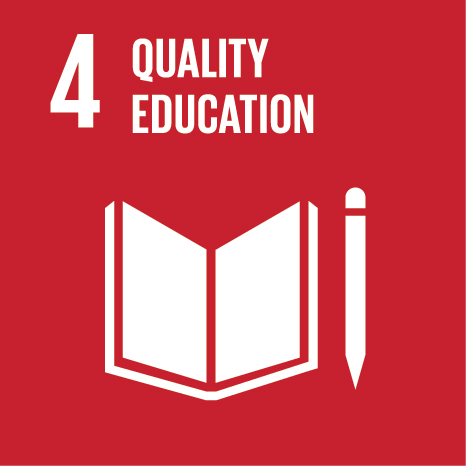 +265(0)111 624 222
+265(0)111 624 222 research@unima.ac.mw
research@unima.ac.mw Chirunga-Zomba, Malawi
Chirunga-Zomba, Malawi
A Sketch of an Ubuntu Philosophy of Education
Abstract
This chapter sketches an African Philosophy of Education. It advances the argument that the Ubuntu conceptualization of human nature in African philosophy demands that education aims must fundamentally center other-regarding values just as they are committed to self-actualization virtues. The argument builds on the position that assumptions of a human nature conception of a particular society’s philosophical orientation generally determine the form and substance of the aims of its education. Upon showing how a particular human nature conception anchors and determines the form of educational aims, the chapter draws out the fundamental implications of Ubuntu principles on educational aims, by highlighting the kind of knowledge, skills, attitudes, capacities, and values the education aims would necessarily require. With its framework stringently centering other-regarding virtues just as it does self-regarding ones, Ubuntu-grounded philosophy of education would require that education aims should as much achieve individual well-being and self-actualization, as it cultivates attitudes, knowledge, capacities, and skills for collective life. An Ubuntu education will simultaneously promote self-regarding virtues and other-regarding virtues. The other-regarding virtues are promoted based on the normative worth of human relations as being constitutive of what it means to be a complete human being.
| Original language | en |
| Pages (from-to) | 1-16 |
| Publication status | Published - 2023 |
UN SDGs
This research output contributes to the following United Nations (UN) Sustainable Development Goals (SDGs)

UN SDGs
This research output contributes to the following United Nations (UN) Sustainable Development Goals (SDGs)

UN SDGs
This research output contributes to the following United Nations (UN) Sustainable Development Goals (SDGs)
